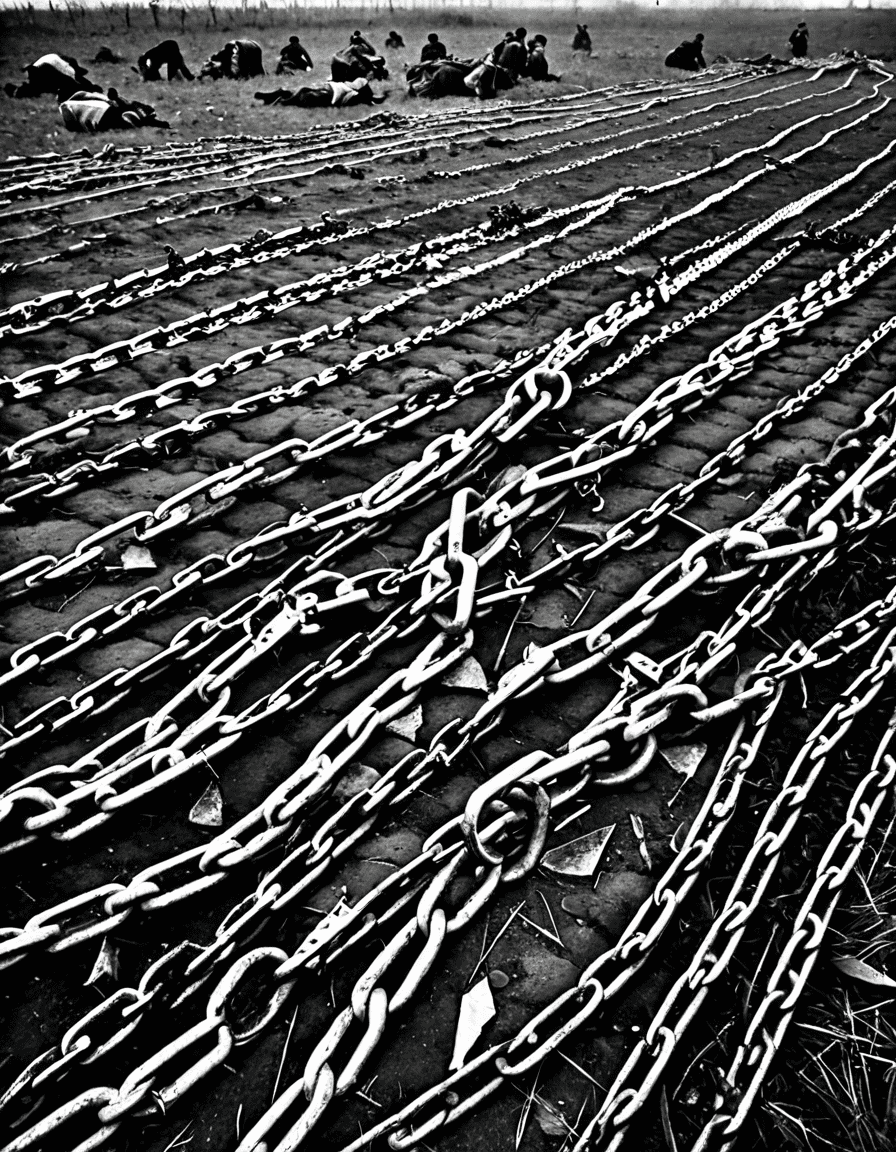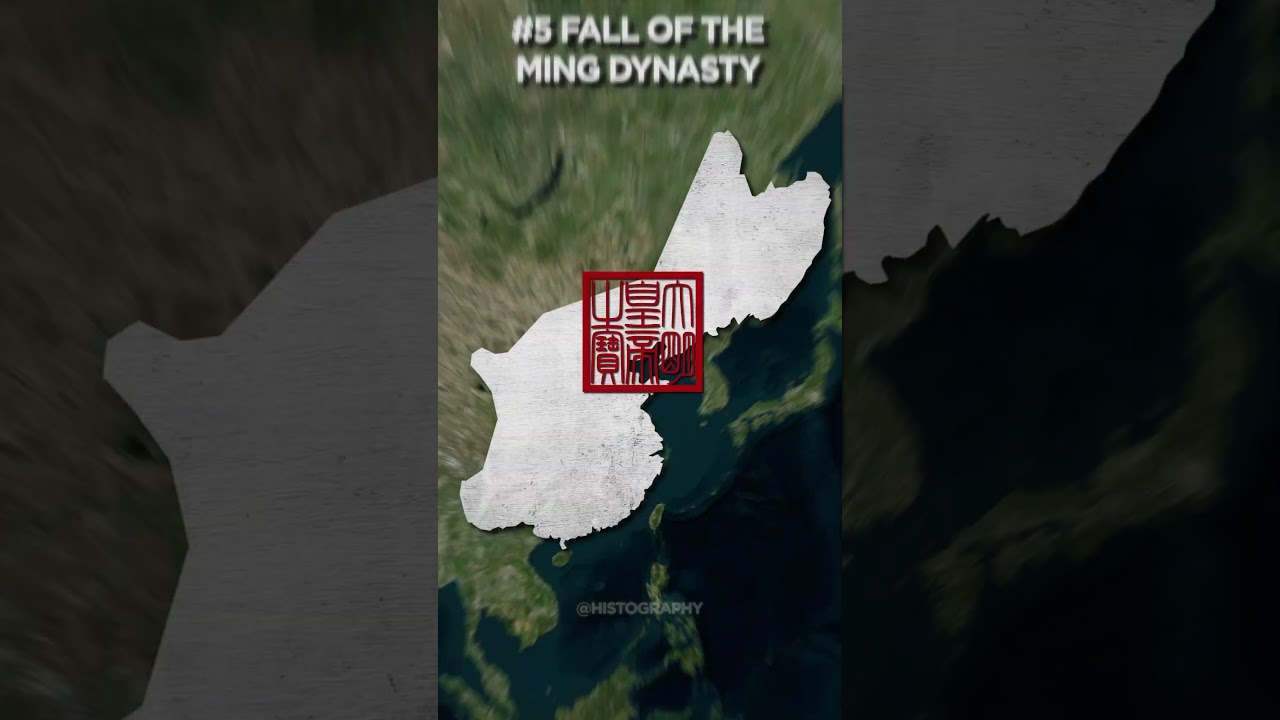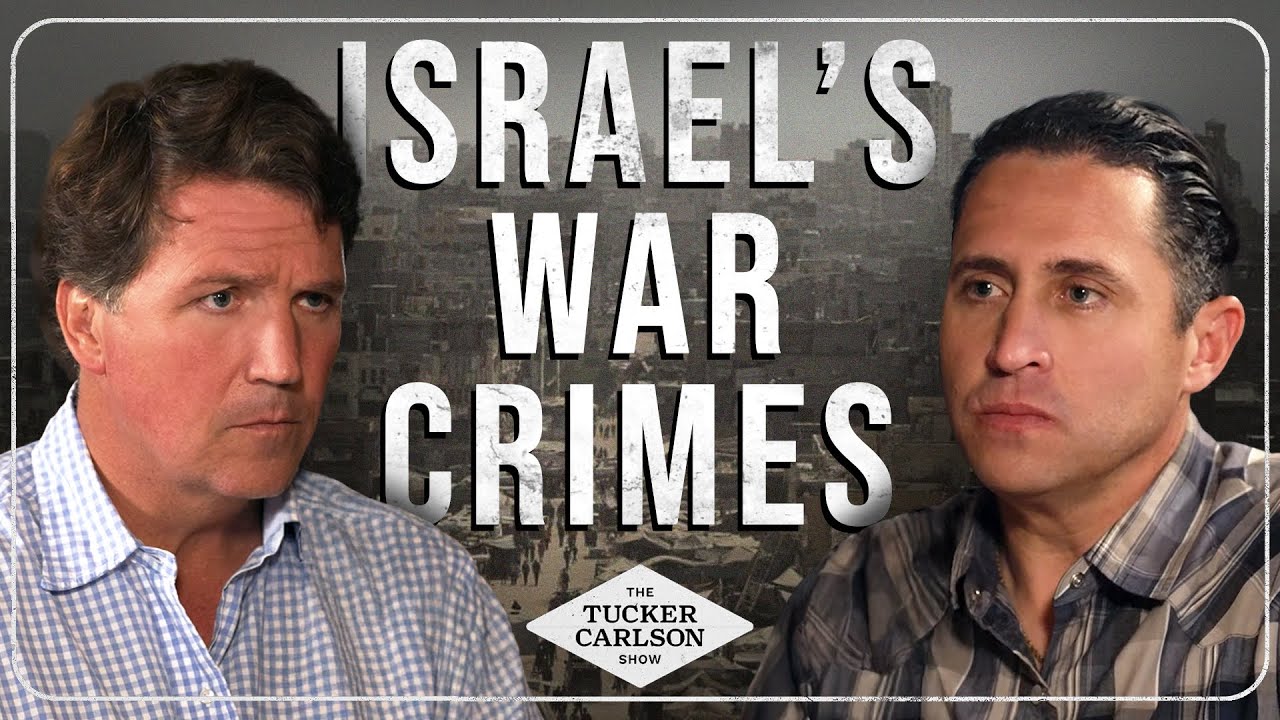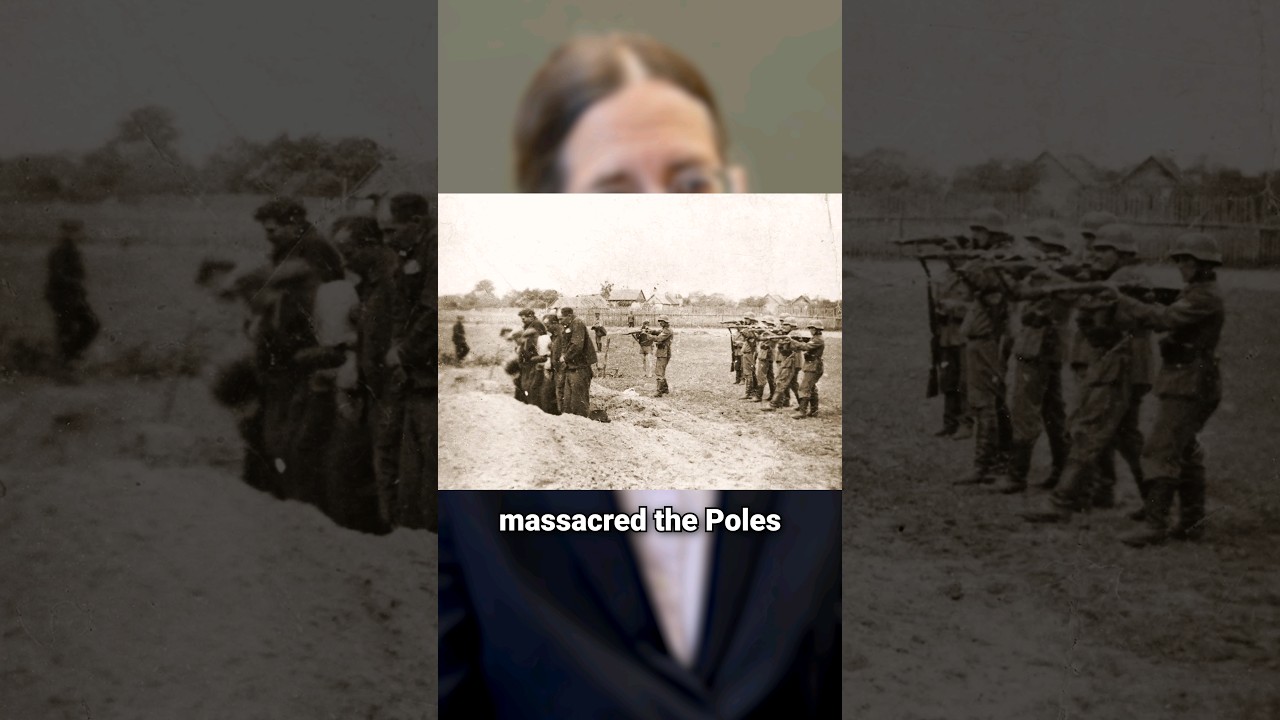The Unforgivable Atrocities: Defining Moments in Human History
Throughout history, certain atrocities have left indelible marks on humanity. These significant events have caused immense suffering and have served as catalysts for shifts in moral perspectives, human Rights, and international law. Understanding these atrocities sheds light on their profound implications for society today and compels us to grapple with uncomfortable truths as we strive for a better future.
When we think of the term “atrocities,” images of war, persecution, and widespread suffering often come to mind. From the Holocaust to the Rwandan Genocide, these events challenge our conscience and force us to confront the darker aspects of human nature. They remind us that, while we’ve made strides in human rights and justice, the shadow of these events looms large, affecting countless lives across generations.
Acknowledging these painful chapters in history becomes not just an act of remembrance, but a necessity for change. We must commit to learning from the past to avoid repeating the mistakes that led to such atrocities. These lessons are essential, and they demand our attention as we consider how societies function today.
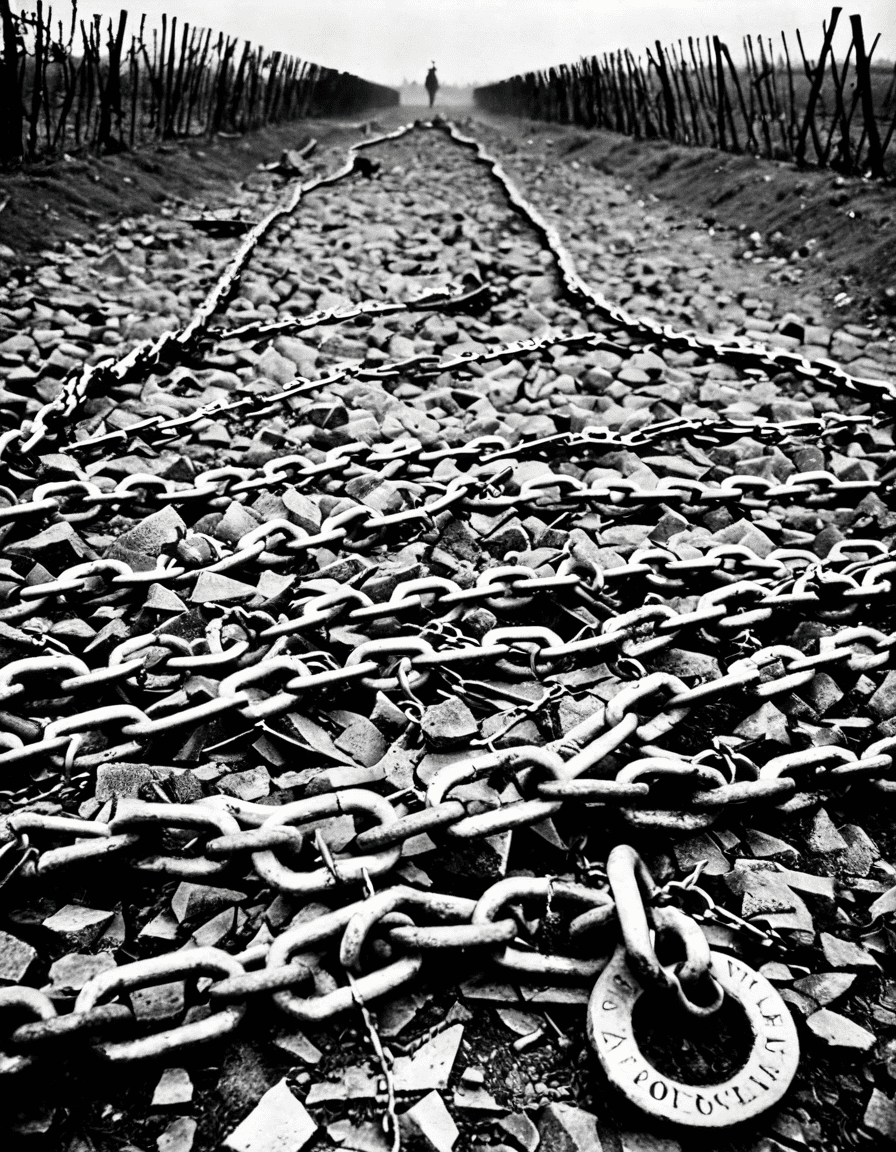
Top 7 Atrocities That Shocked the World and What We Can Learn from Them
One of the most harrowing atrocities in history, the Holocaust claimed the lives of approximately six million Jews and millions of other marginalized groups deemed “undesirable” by the Nazi regime. This global tragedy pushed nations to rethink their stances on human rights, ultimately prompting the establishment of the Genocide Convention. The world’s collective response morphs over time, yet the haunting echoes of the Holocaust continue to challenge us to advocate fiercely for justice and dignity.
It’s astonishing to think that in just 100 days, an estimated 800,000 Tutsis and moderate Hutus were ruthlessly killed by Hutu extremists. The global community’s failure to intervene during this horrendous atrocity led to a reevaluation of international obligations, resulting in the creation of the Responsibility to Protect (R2P) doctrine. This doctrine emphasizes that the world has a solemn duty to protect civilians from genocide—a lesson we must keep at the forefront of advocacy.
Under the Khmer Rouge regime, roughly two million people were lost to starvation, forced labor, and executions. This shocking atrocity galvanized international action, culminating in the establishment of the Extraordinary Chambers in the Courts of Cambodia. This court reflects a critical step towards seeking justice for the victims and confronting past evils head-on, reminding us that justice can indeed be pursued.
Millions were forcibly taken from Africa and sold into slavery in the Americas, a horrendous chapter marked by extreme brutality. The Atlantic Slave Trade’s legacy continues to resonate today, prompting ongoing movements for reparations and a deeper understanding of systemic racism. As we reflect on this atrocity, we learn about the long-term impacts of injustice and discrimination, shaping civil rights movements across the globe.
The systematic extermination of 1.5 million Armenians by the Ottoman Empire is often overlooked in discussions of genocide. Activism surrounding the recognition of this atrocity has progressed, slowly but steadily fostering dialogue about historical injustices. This ongoing struggle for acknowledgment illustrates the complexities of collective memory and the importance of recognizing past wrongs to pave the way for healing.
The targeted killing of around 8,000 Bosniaks during the Bosnian War exemplifies how failed peacekeeping efforts can lead to disastrous outcomes. The establishment of the International Criminal Tribunal for the Former Yugoslavia (ICTY) sought to hold perpetrators accountable and serves as a continued reminder of the need for effective intervention during crises. From this brutal atrocity, we can learn that reconciliation is crucial, even in the aftermath of tragedy.
During World War II, over 120,000 Japanese Americans were forcibly relocated to internment camps across the United States. This blatant violation of civil rights brought to light the vulnerability of minority populations during times of national panic. The eventual apologies and reparations from the U.S. government showcase the importance of acknowledging wrongs, reminding us that lessons from such atrocities must inform how we defend civil liberties today.
Unveiling Allegations and Disputes: The Struggle for Recognition
Each of these atrocities faced varying degrees of resistance and denial. The Armenian Genocide, for instance, remains a contentious issue between Turkey and Armenia, even today. Similarly, ongoing debates surrounding the Holocaust’s scale and representation sometimes ignite allegations of anti-Semitism. These disputes illustrate how difficult it can be to reconcile with past atrocities, and they remind us of the importance of vigilance in discussions about historical narratives.
Moreover, the global responses to these events reveal systemic issues within international governance. Powerful nations often overlook atrocities based on political or economic interests. This troubling reality calls into question the integrity of international humanitarian law and treaties aimed at preventing future occurrences. If we ignore these pressures, we risk perpetuating a cycle of inaction in the face of human suffering.
The denial and distortion surrounding these *atrocities* can hinder healing and reconciliation efforts. Recognition becomes paramount. Dialogues surrounding the past are essential for healing, emphasizing the need for a unified approach to historical injustices.
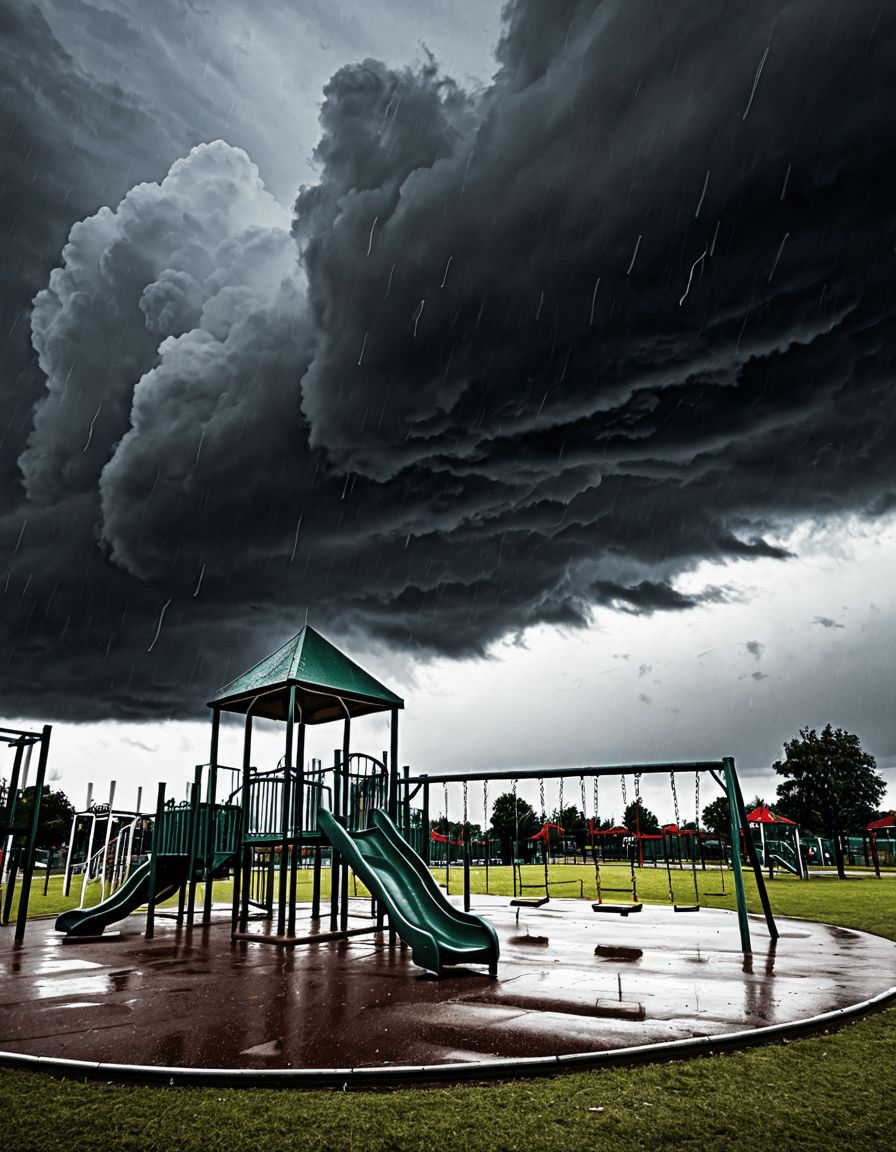
Packaging the Lessons: Moving Forward from Atrocities
The legacies of these historical atrocities force us to reevaluate justice, accountability, and human rights. They compel nations worldwide to confront their histories and acknowledge the implications of continual denial or oversight. Integrating these lessons into educational frameworks fosters a cultural understanding of human rights, ensuring our historical boxes do not merely gather dust.
As we engage with these painful pages of our shared past, we’re reminded that acknowledging atrocities is vital to preventing their recurrence. Building empathy and fostering dialogue can facilitate healing and progress, guiding us toward a more humane world.
To avert future tragedies, we must remain vigilant. By leveraging the lessons learned from past atrocities, we can promote a culture of peace, justice, and accountability globally. The ongoing conversations surrounding these injustices challenge us to confront uncomfortable truths and inspire a collective commitment to nurturing a more just world.
In doing so, we not only honor the victims but also pave the way for a safer future. Each step we take as a society brings us closer to ensuring that atrocities are not merely relics of the past but essential lessons for our shared journey ahead.
Atrocities That Shook the World
Historical Context of Atrocities
Atrocities have been a grim reminder of human capability for both cruelty and resilience throughout history. One such event occurred during the Spanish Civil War when the bombing of Guernica in 1937 led to a massive loss of innocent lives. Interestingly, this tragic event inspired Pablo Picasso’s famed painting, capturing the horror and chaos. Furthermore, amidst the horror of conflict, organizations like the Masoneria emerged, engaging in secretive practices and debates about justice. The impacts of these events reach far beyond their respective eras, influencing how society confronts issues like war crimes even today.
When discussing atrocities, it’s easy to get bogged down in the grim statistics, but let’s sprinkle in some fascinating anecdotes. For instance, did you know that the infamous “D” Day landings during World War II were partly influenced by the plight of Hostages held by the enemy? These hostages often became leverage in negotiations, illustrating the dire stakes involved (read more here). This connection reveals how atrocities can shape military strategies and ultimately change the course of history, often in unexpected ways.
Atrocities in Pop Culture
The media plays a significant role in how we perceive historical atrocities, sometimes glamorizing or sensationalizing. Take, for example, the portrayal of figures attempting to shed light on these dark chapters. Kevin Bacon’s wife, through her documentary projects, attempts to bring societal issues to light, making history more relatable and poignant. The world also sees reflections of these events through art and fashion. The resurgence of styles like Girbaud Jeans in the ’90s might seem unrelated, yet it reveals how culture can be shaped in the aftermath of societal upheaval, changing norms and trends while softening harsh realities.
Even in sports, significant atrocities can ripple through time. The upcoming Playoffs schedule For The Nfl can draw parallels to revolutionizing changes prompted by historical events. Much like how the games evolve, societies adapt and respond to atrocities, reinventing cultural expressions and personal identities. Shockingly enough, in the face of adversity, figures like David Tepper have emerged, showing how some find success in understanding the past to build a better future.
Investigating the shadows of history can also reveal intriguing connections to the present. The son of Elon Musk, Xavier Musks narrative proves that even amid horror, new generations can bring hope. During devastating times, like those marked by atrocities, hope and renewed purpose often come from unexpected places. In every heinous act, there lies a story waiting to be told—one that echoes through generations and shapes our collective conscience.
